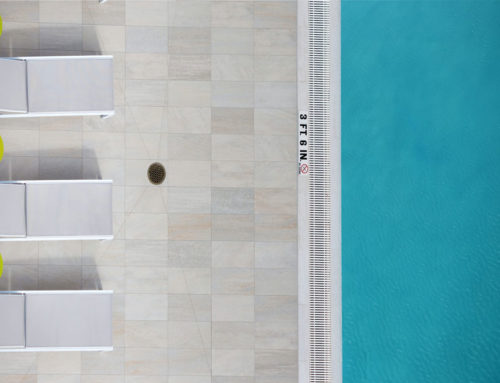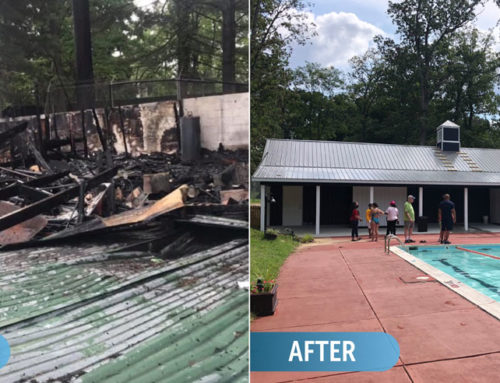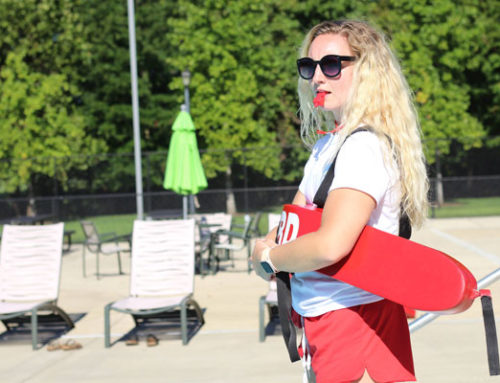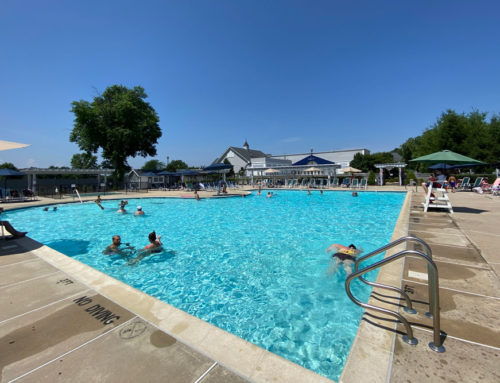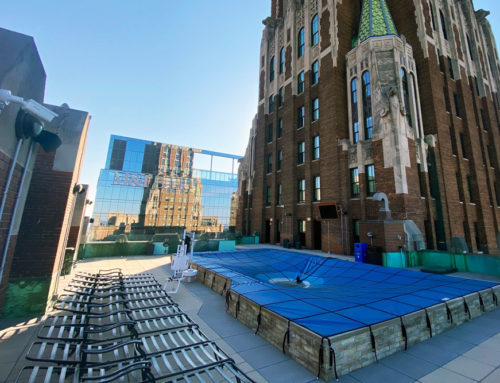One of the biggest concerns for commercial pool management is guest safety. Lifeguard training prepares individuals to pull drowning victims from water and revive them. In some cases, this may require the use of an automated external defibrillator. Though many pools and water parks have AEDs available, there may be factors that inhibit lifeguards from using them.
Implementing Connor’s Law
In 2006, a five-year-old boy passed away from drowning in a Maryland country club pool. The lifeguard who called 911 was not trained to use the AED on-site. The lifesaving devices must be used within minutes of cardiac arrest for revival.
The Red Cross now requires AED training for lifeguard certification. In July 2012, Connor’s Law was passed in Maryland’s Anne Arundel county. As of October 2013, Queen Anne, Montgomery, Harford and now Baltimore counties also require public and semi-public pools to have AEDs. Earlier this year, Maryland’s General Assembly expanded the law to a statewide level to include specific types of public pools.
Providing a safe environment
Even for pools managed outside of Maryland, having an AED on-site and training lifeguards on its use may be beneficial. AED certification courses teach individuals not only how to operate the device, but they are also prepared to mentally cope with the scenario and act on it within the timeframe. Untrained persons can hesitate during emergency situations. Professional training will better allow lifeguards to move past any doubts and act efficiently, giving guests the best chance of survival.
Managing a commercial pool means putting in many precautions. The presence of AEDs and trained lifeguards would not only protect guests from potential harm, but would also provide them with peace of mind.
Guest safety is one of the biggest priorities for any commercial pool. Any steps that can be taken to promote this would be beneficial. Should the location choose to have an AED on-hand, remember to maintain the unit to comply with Food and Drug Administration standards, state laws and local EMS protocols. Ensure that lifeguards are AED certified and remember that the certifications have to be renewed.
Embracing Connor’s law outside of Maryland would require more work for commercial pool management and its staff. However, it will permit management to rest easier, guests to swim with more assurance and lifeguards to have AED training, which can be used in any emergency situation at any time and in any location. In the end, the benefits and peace of mind for management and guests may far outweigh the financial costs.

